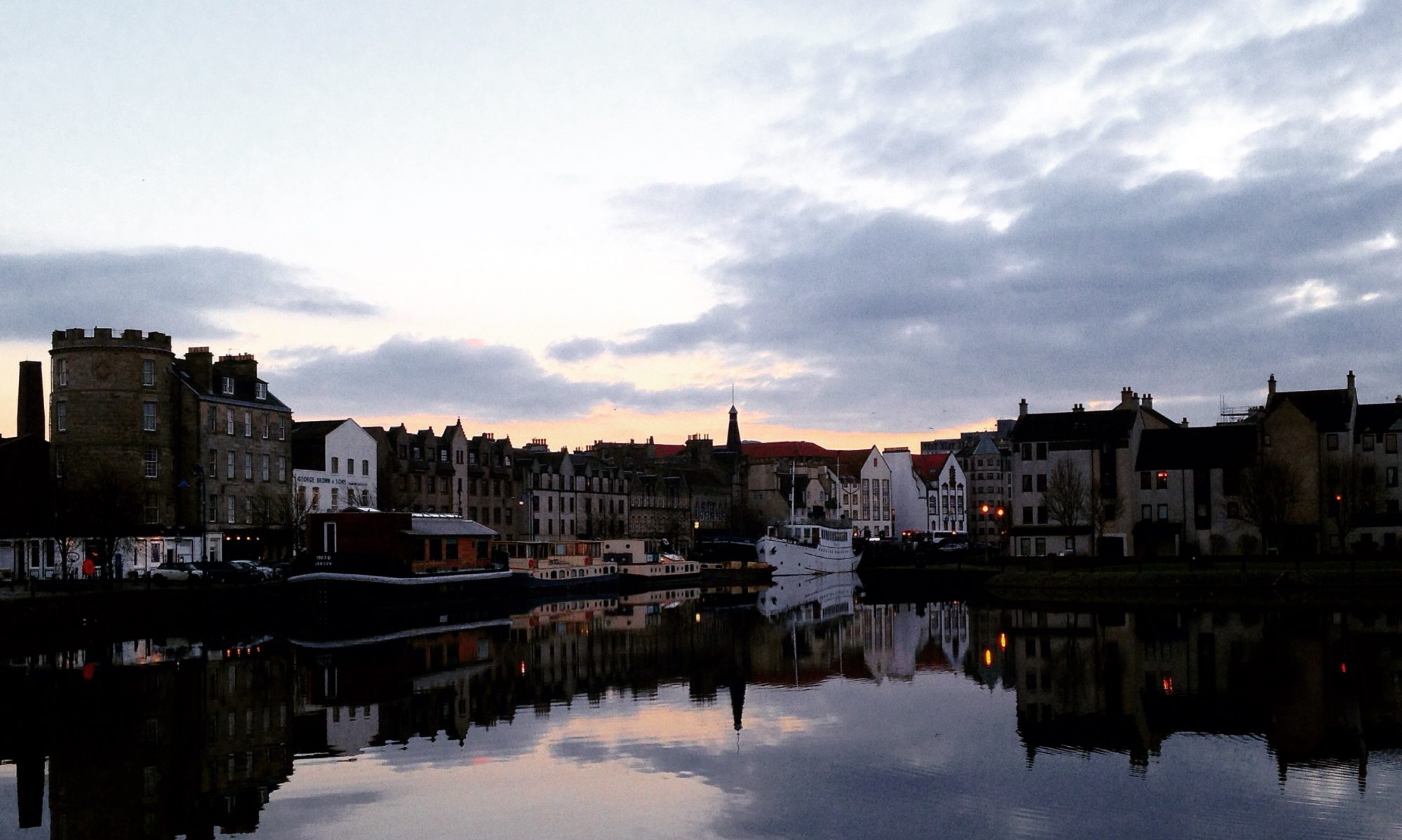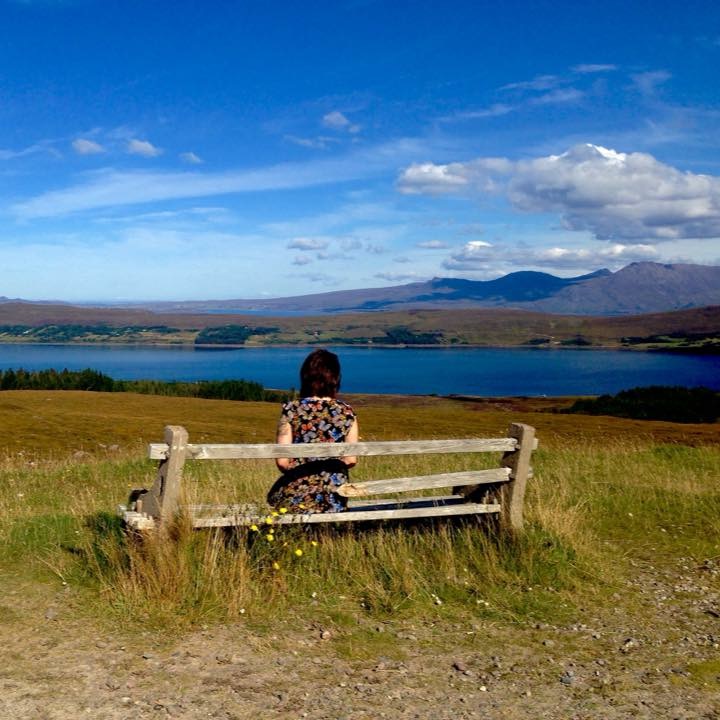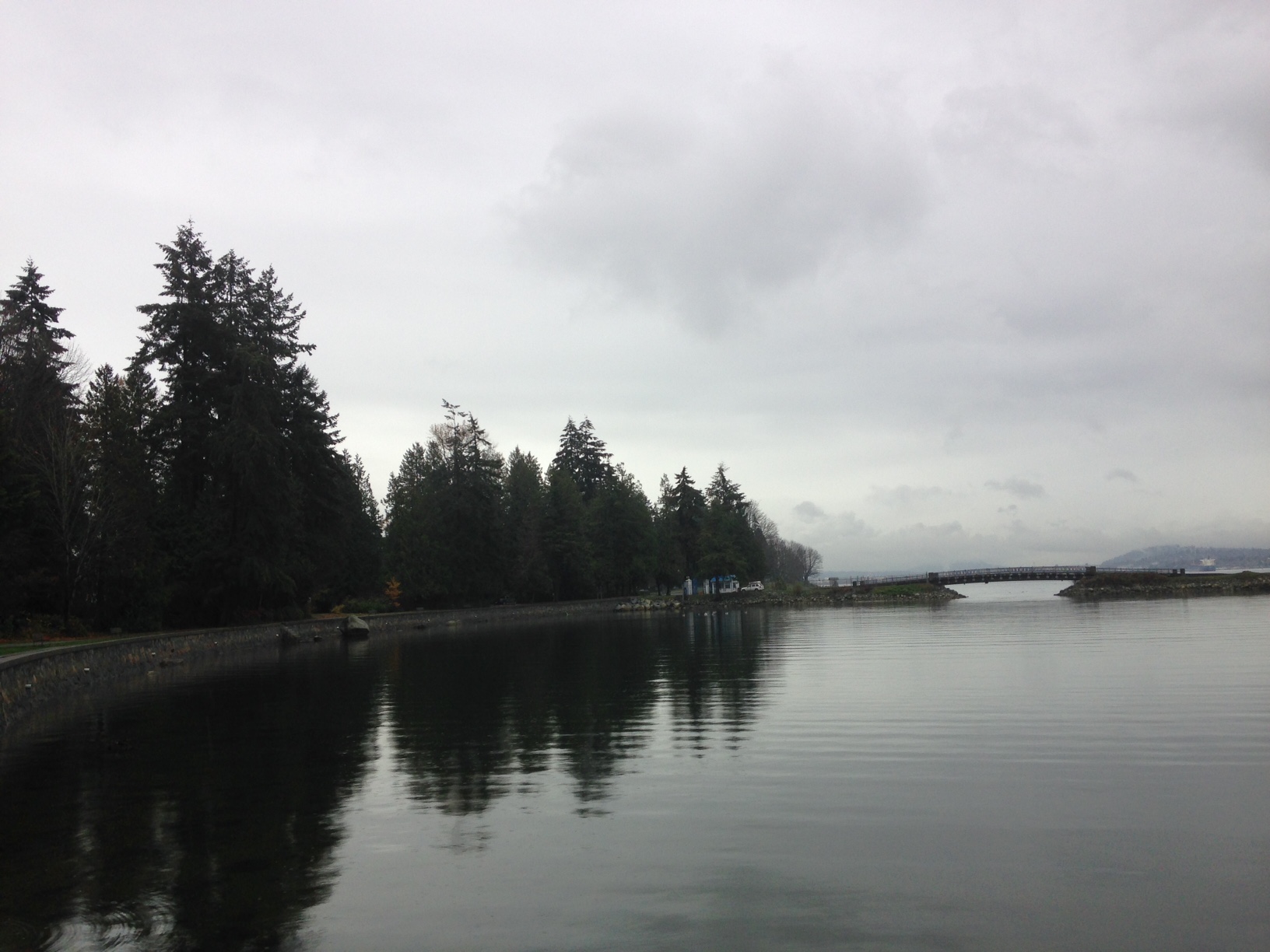This purpose of this project was to compile relevant information for my upcoming tutorial next semester. The tutorial will focus on the structural forms and patterns of Scottish myth and if it has connection to history. The project includes a literature review on the basics of mythology and language, but with an emphasis on the depth of research needed for the following semester on specific myths and regions.
Fields of Interest Assignment
In this fields of interest assignment I have assessed my past and present interests, projects and skills to determine what I might focus on when it comes to my tutorials and my final project. After examining the courses I’ve taken in the past few years as well as my own interests, it was evident that creative writing and history were both prevalent in my academic and personal research and that my research topic would involve both of these topics.
Interview Reflection
The action of interviewing seems simple when you think about it as a concept. You ask questions, presumably ones that create interesting dialogue and if done well, the interviewee spills their heart out to you. However, when it comes to actually doing, it’s a rather daunting process. Especially to an individual who doesn’t possess the gift of easy conversation. To make it slightly easier for me while still following the rules of interviewing to a stranger, I asked a friend if they would get me in touch with one of their classmates/school friends. This may have been cheating slightly, but I justified it by thinking that real interviews are often arranged by appointment, as well as saving me countless moments of anxiety by asking a stranger on their lunch break. My friend found an acquaintance happy to help me out and an interview was arranged for a day we were both at school. I asked them for consent and explained the purpose and content of my interview: Diversity within Capilano’s curriculum and faculty and then we were off.
I should start by stating that the interview didn’t start off as smoothly as that. One of my greatest weaknesses in writing the preamble or setting the scene, and that often translates to conversation: I simply just never know where to start. Therefore, the beginning of the interview didn’t go as smoothly as the million times I had practiced it in my head, my words mixed up and the awkward silences lingered on for just too long. Luckily, my interviewee was patient and understanding and my innate determination—see: stubborn—wouldn’t allow the interview to be a complete failure. I kept in mind the Hermanowicz paper stating that “great conversation is the quality that should guide one’s approach [when] interviewing [and that] a not-so-good interview is not a conversation—it is, rather, mechanistic” (482) and while the conversation may have not started well, there was no reason I couldn’t get back in track. Moving away from the awkward openers, I got my interviewee to tell me about their program, the classes and their experiences at University so far. This proved effective and conversation and questions came much more easily compared to the stop and start dialogue in the beginning. Finding the right probing question came more readily, and my interviewee’s answers gave me chances to ask them to elaborate which set an evener mood for the rest of the interview would be.
It was not only the opener that I struggled with during the interview but also the art of note taking and like most artforms, the talent seems to elude me. I knew this already from my note-taking style in class, but I was determined that this interview would be different, I would take notes and they would flow, if not effortlessly than at least in a way that made sense to me later. As you can imagine, reading my notes later was similar to deciphering an old English manuscript: I could recognize some words, and get a feeling of what was trying to be said but hopeless at actually reading it. The second problem I had with note taking was balancing it with the process of creating flow and actively listening. Unfortunately, I didn’t listen to Hermanowicz when it came to taking as few notes as possible (496), thinking that I could quickly jot down my thoughts and their responses and the silences that came during the interview process were not the deliberate ones Hermanowicz suggested (585) but rather poor execution and self-awareness on my part.
The final lesson I learned from this interview and in relation to the Hermanowicz article was asking clear questions. There were a few times when my interviewee answered a question with unclear or…misdirected answers. It took far more probing questions than it would have needed to get to the direction I was headed than if I had just worded the answer more clearly to start. One moment that stands out is when I was asking about the diversity within the courses they has taken, they answered about the courses as a whole rather than individually as I had intended. It took a few extra moments but with the right sub-questions about the courses they had told me they had taken earlier, we eventually to the answers I was looking in order to transition to the next question.
This interview assignment was not one I was looking forward to for the reasons I stated in the beginning of this paper. In fact, I dreaded it and a miniscule part of me debated the pros and cons of skipping it entirely. Luckily, my realistic side won the debate like it often does and I actually came out of the process with a deeper self-awareness when it comes to interviewing and interacting with people on a more basic level than I really wanted to admit. Hermanowicz’s analogy to dating and sex in his article “The Great Interview: 25 Strategies for Studying People in Bed” translates clearly when thinking back to the interview process itself and I think it is safe to say that my date with my interview ended on a good note, but the chemistry just wasn’t there and the blame lays at my own feet. I may dread putting myself out there again, but I know that by refining my interviewing practices, the next one may prove to be better.
Framing Reflection #1
Aligning myself to a specific research paradigm is going to prove to be just as elusive as it was assigning one to a certain area of expertise It’s hard to commit myself to one method as the biggest issue that I have to overcome when writing research papers is adding my own voice. I often rely too heavily on others’ research rather than adding my own weight to the work. However, when I think about how I go about researching and responding to research, my automatic response is to say that I lean towards interpretive. It is my belief when studying anything we should put ourselves in the place of the subject in order to get a clearer and less biased picture of the evidence given. This leans towards with the epistemology of the interpretive paradigm where we must listen to the work of those to learn about how other people view the orchestra of their lives and how the world works around them. Upon reflection, this diffidence stunted my research and writing as I am too hesitant to trample over other voices—ones I view as more experience and worthy—to impart my own. I can see how I get caught in learning about individual perspectives that shape their world views rather then generating conclusions with the evidence given.
As easy as it would be to place myself in the interpretive model and leave it there, it wouldn’t be completely accurate. The majority of the research papers I’ve written in my short university career so far have been based on the experiences of marginalized groups, often written with a feminist perspective and follow more along the lines of the critical paradigm and its respective epistemology regarding the social constructs and the resulting constraints on those societies. While I agree with the critical paradigm’s epistemology aim at using research to look critically at the socially constructed systems in place with goals to dismantle oppressive forces within them I am still hesitant to label my research as critical. Even as I try to educate myself, both through university and in my own time, on the effects these systems have on society, I struggle to see how I can create change and therefore hindering myself in the process. It will be my goal throughout my university career to continue developing my voice in order to hone in on the ontological and epistemological approach needed to strengthen my research.
Paper
Final Reflection
 Looking back
Looking back
When I first started this class, I was apprehensive about how I would handle learning in an academic and peer involved environment as I had been out of school for a number of years and not used to receiving feedback on my work. As I am naturally introverted, the group setting caused me to instantly put walls of self-preservation in place. However, the first few weeks proceeded to illustrate how working with a group can actually help to create confidence and inspire better writing practice through honest and supportive collaboration. Throughout all of our assignments, I was extremely appreciative to have my group around me to boost my confidence in my writing skills and more importantly, offer guidance in my work to help me become a better writer.
The modules in this class have all been valuable as each of them provided me with a new way to think and approach writing. However, the most important tool that I have learned was the ability to self-reflect. Throughout the assignments, and the subsequent preparation and writing that was involved in them, it was the process of looking back at my work to figure out exactly what I had learned that has really proven to strengthen my writing. It was the discovery of this that led me to reaffirm an important knowing about myself: I learn best by application. This self-awareness will only continue to help me as I grow in the university environment.
Reflection II
The process of self-refection is often contradictory as it is a natural thought process but is also a difficult concept in practice. While I may always be evaluating my own work, I tend to overthink when either writing a reflection or simply editing what I have done, and this can lead to a lethargic output of concrete work. My thoughts are often abundant, yet disorganized, which makes it hard for me to pin down one thought track before another one leads in its place. This can often lead to a different direction I originally intended or even the wrong direction altogether. I realize that this self-awareness is a reflection itself and I have used it in writing my reflections for this class. In order to make sense of what I wanted to write, I have reviewed my texts and notes and made further notes of what I believe I have learned.
Throughout the eight weeks of class, my perception of interdisciplinary studies has grown, altered and changed. I’ve learned and come to understand the subject and the more I’ve come to recognize it, the more I’ve identified with its core values and principles. Growing up, you’re taught that specialization is the key to success and that choosing a discipline will lead you there. I’ve learned through this class that traditionally this may be true, and while specialization will always be needed, it tends to limit the individual to seeing the small part of a much larger picture (Repko 78). I’ve started to think about all the professions you would identify as specialist and realized how multi-faceted they actually are. Doctors who specialize in medicine must also have to have a working knowledge of psychology, sociology, law, etc. to effectively help their patients. I also agreed with the readings in the text that specialization tends to be outdated as it was created in very different time, and often historic biases are put into place i.e. race, religion, gender and economic standing.
I’ve found the readings in class to be interesting for the most part, and often I find myself either relating with them or empathizing with their humanizing traits. History is a subject I’ve always enjoyed, and reading about the beginning of traditional disciplines and the rise interdisciplinary studies is fascinating. I learned about the start of knowledge-based disciplines in the west during the enlightenment and the intellectual movement in the 1700’s that resulted in a large transformation of universities throughout Europe. In the 1960’s a broader outlook on education was needed and more interdisciplinary programs became available as civil rights movements refused to be molded by the traditional principles that the disciplines were founded on (Repko 65, 71). The articles on slums were an education on bias itself as it challenged most of my notions of slum and gave the facts of what those communities actually represented and the diverse group of people who populate them. Our group was so inspired by this knowledge that we decided to do our project on slum tourism in Brazil and educate ourselves on the facts opposed the prejudiced narrative it usually receives. We learned about its history and the ethics that surrounds it, as well as the limited political policy that surrounds them.
Building my e-portfolio feels like a personal sort of puzzle. Collecting the information, artifacts and reflections needed to make the right fit to showcase my academic work is a bit daunting. Choosing what I think my best work is, or artifacts that reflect the person I am while remaining professional is a challenge. I realize that as I write this, in the end, it comes down to exactly what I am doing here: self-reflection. Throughout the next five years of my academic career I will be carefully examining pieces of my work to show the results of this process and from there I will spend the following years reflecting on the previous knowledge of myself to show my growth and merit. I’ve started these reflections with a grudging acceptance, but quickly I’ve learned the importance of highlighting self-awareness while I learn, write and evovle as a student.
Reflection 1
In this first month of the Liberal Studies program, I have learned that interdisciplinary studies are an intricate and comprehensive way of thinking and learning. I came into this program thinking that it would be the perfect degree for a future teacher as it would allow me to explore different disciplines and knowledge needed for the profession. What I didn’t know was that it would alter the way I look at different topics and issues or how it would affect the way I approach them.
I try my best to be an open-minded person, but sometimes I can find it difficult to view another’s perspective I don’t particularly agree with. To be frank, I am stubborn. I could dress it up and call it persistence or diligence but in the end, it comes down my innate response to argue, so much so, that I often find myself playing devil’s advocate. It’s not that I can’t accept other people’s viewpoints, I always try to be receptive of other people’s beliefs, ideas, and backgrounds. It is through this class that I learned that therein lies a challenge for me. I can sometimes be quick to reject ideas and concepts that don’t match up with my own principles. I learned that I needed to step back from my beliefs so that I can learn to respect another’s, even if I still don’t fully agree with it. Through the readings, I’ve grasped how important it is to see the other person’s perspective so that I may try to see things from every angle. I’ve realized that I have started with this preconception of what I thought was just, when all it was is bias.
The classroom is full of people with their own ideas, philosophies, and predispositions and it can be difficult to navigate conversation into a debate instead of an argument. In my group alone, we all have varying degrees of beliefs and thought, often contradictory with each other. While at moments it seems like we can’t align our points, in the next moment we seem to redeem ourselves by engaging in conversation that leads to productive deliberation. We may never fully agree with each other’s views but together we have started to open our minds to a different thinking. An idea that at first may seem illogical or wrong, can alter the way we think when we look at it from where the speaker is sitting.
Events during Truth and Reconciliation week, and David Kirk’s Q&A, First Nations 101, was especially eyes opening for me. I have studied indigenous history and knowledge on my own and have empathized with First Nations issues but it wasn’t until his talk that I understood the difference between looking at it through privileged eyes and actually understanding the depth and complexity of their issues. I felt angry at the injustice of the way the system treats and represents them, and the sadness for their loss of culture. What I didn’t take fully into account were the ramifications of hundreds of years’ worth of colonization and the ricocheted effects it has on generations of families. I said in class at one point that representation matters and it was something I believed in before the talk but it was after that showed me just how crucial it is.
This is only one month into the first year of my degree and my perception about knowledge has changed greatly. I’ve discovered more about the way I think and how it affects the way I learn. I’ve learned that I need to start letting go of biases that hold me back from establishing the whole truth. I’ve realized just how many factors go into very important issues that we hear about daily, as well the number of collaborators that are involved in the multifaceted issues and solutions that concern communities. I am keen to experience the continued growth throughout this degree and to continue to learn about how I think and the ways in which I can apply it.
Post Write – Anthology Introduction
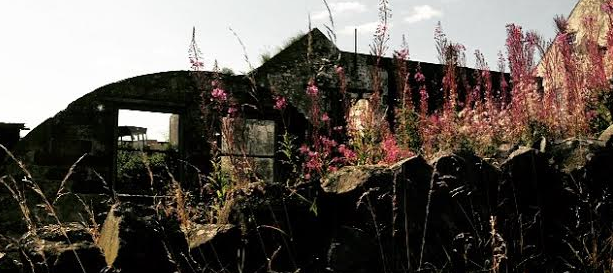 Module 5: Writing to Argue.
Module 5: Writing to Argue.
I started this module with relative confidence in where I was planning my anthology to go and how I would go about executing my work. However, that plan was quickly thwarted during the researching phase of the paper, when I discovered that there wasn’t enough academic research on my particular topic (Empowering young black girls through modern children’s literature). Therefore, I decided to broaden my topic to find more results that would add to my topic rather than diverting it away in another direction. I decided then to change my topic to include adolescents and teens (new topic: Empowering young black girls through age appropriate literature). This alteration actually strengthened my paper as it included an essential group that would have been left out otherwise. After I found articles that suited the new stretch in my topic, I regained my confidence in the writing process and proceeded to plan and write my anthology introduction. Speed isn’t my strength when it comes to writing but as I’ve found time and time again, I can write in an amazing abundance. I’ve said it before, and I will probably be saying it again as I continue to improve my writing skills: I need to work on being a more concise writer. After the flow of writing, my main struggle was learning how to properly cite in APA. I am far more comfortable working with MLA, which was my reasoning for the torture of learning APA. I can’t say that I could confidently use it without looking at a guide but I have learned basics and well, that’s something, isn’t it?
Post Write – Anthology Proposal
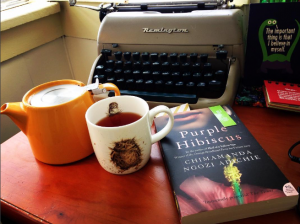 Module 4: Writing to Synthesize.
Module 4: Writing to Synthesize.
The first lesson I learned from writing this anthology project is that researching is not as easy as it sounds. My chosen topic was empowering young black girls through literature, and as I hunted for related articles, I was overwhelmed by how many results I found that skirted the edge of my topic but didn’t completely fit . The few that I did manage to find, after narrowing down my search to very specific results, were mostly written by the same two people. I realized that while there was a lot of research surrounding fighting systematic racism, and empowering black children, there wasn’t as much of a focus on black girls. Instead of being discouraged by the results, I was more determined to learn about what these young girls face and how through the power of literature they can be inspired to reach their full potential.
The second lesson I learned was that I tend to overwrite rather than making my words count. I learned this as I took the instructions to write my proposal in the form of a list as a suggestion and not the criteria. As a reader, and someone who enjoys writing, my first response is to write like a storyteller rather than an academic. It will be a learning curve for me but as I’ve learned in class, “revision is one of the most important stages of the writing process”(Graff 139).
